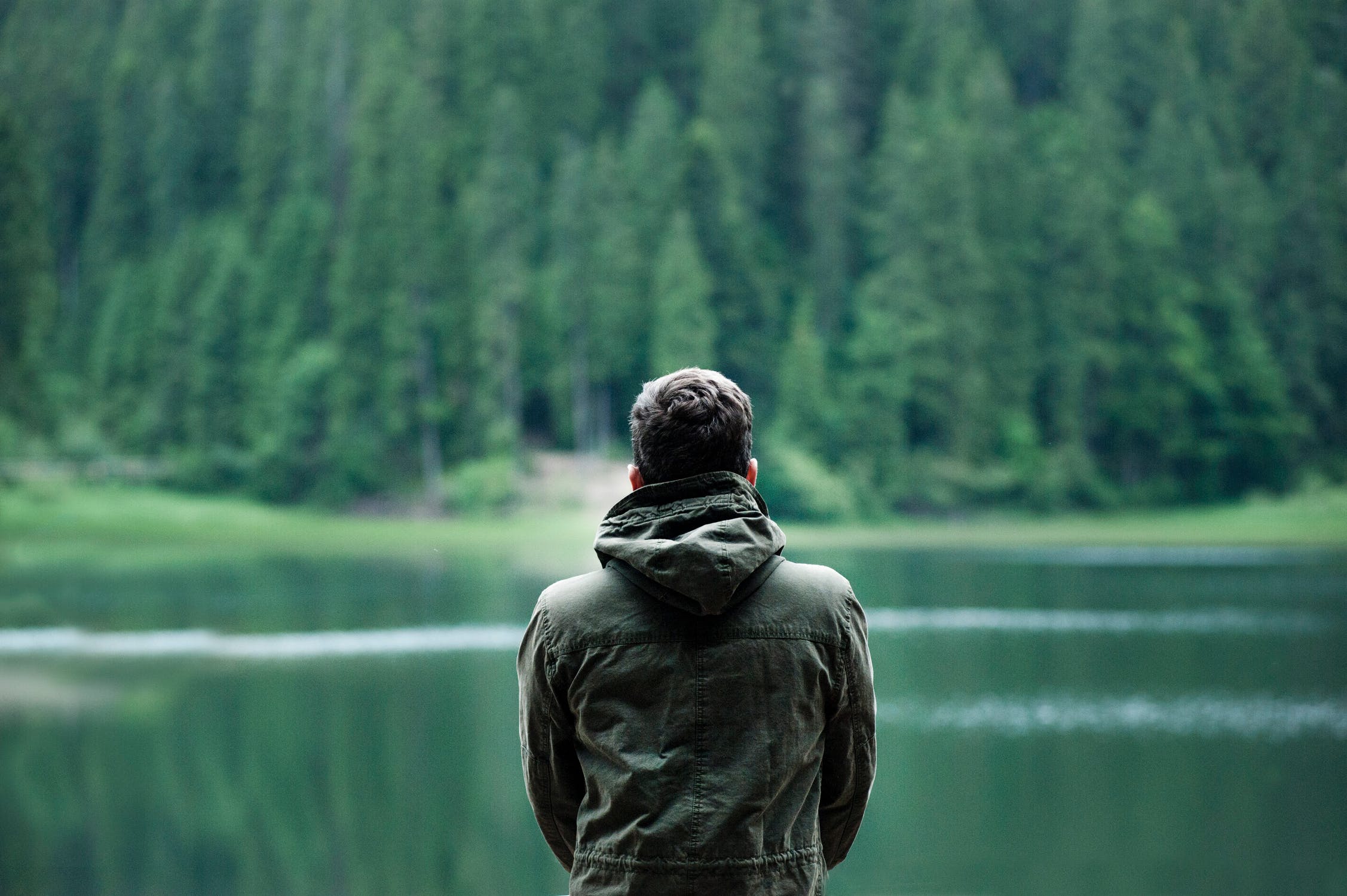When you go hiking, even if you aren’t planning on taking a trail that’s too hardcore, it’s important to keep plenty of supplies with you. You should carry a light, waterproof pack containing a survival kit that will keep you going if things go wrong. Here are some tips on what you should keep in there.
Food And Water
First and foremost you should carry plenty of water with you – fill your reusable water bottle before you set off. Sometimes short hikes end up being longer than you think they will be, so consider investing in a three litre drinking bladder that you can roll up and carry until you need to fill it with drinking water. You should keep some water purification tablets in your bag too so that you can ensure outside water sources are safe to drink.
In terms of food you should carry items that are small and easy to carry but also dense in calories to keep your energy levels high. High fat food like candy bars will help keep you energetic and warm and you should make sure that you carry food items with high levels of protein and carbs too.
Shelter
If you aren’t carrying a tent or a tarpaulin sheet, a space blanket is a great idea in case you need to stay warm at night – it will work perfectly to insulate you and keep your body heat in. These can also be used as signalling devices if you get lost because of their reflective material. You should also take an extra layer in the form of a lightweight waterproof jacket that packs up small.
Tools
There are plenty of ways to start a fire when you’re hiking, from waterproof matches to an old-fashioned lighter to firestarters. A ferrocerium rod can also generate a spark that’s guaranteed to light a fire no matter what the weather’s like, and can be used thousands of times – they’re good long term investments if you’re an avid fan of hiking.
A mini headlamp is a great idea if you set out on a hike late – even if you don’t intend to be out in the dark, sometimes it happens, and if you can’t see where you’re going then you might get lost or even hurt yourself badly if you can’t see what’s in the path ahead of you. A headlamp is a better choice than a flashlight because it leaves your hands free and they’re often lighter to carry.
Navigation
Many people tend to use their phones as a GPS, but this might not work if your phone ends up running out of battery. It’s a good idea to pack a back-up portable charger in your bag but it’s an even better idea to have a compass with you. It may not feel like an essential but if you invest in a GPS watch, you’ll wonder how you ever survived on a hike without it.
First Aid Kit
Take antihistamines and any allergy medication with you, along with any medication you might need to take through the day. You’ll also need antiseptic wipes, adhesive bandages, gauze pads, aspirin or ibuprofen, and medical tape.


